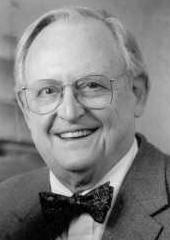of
Manly W. Mumford
1925 - 2003

BRIEF AUTOBIOGRAPHY
of
Manly W. Mumford
1925 - 2003

Manly W. Mumford was diagnosed with bladder cancer in January of 2002, and passed away on December 31, 2003. He is missed by many. - Dodge